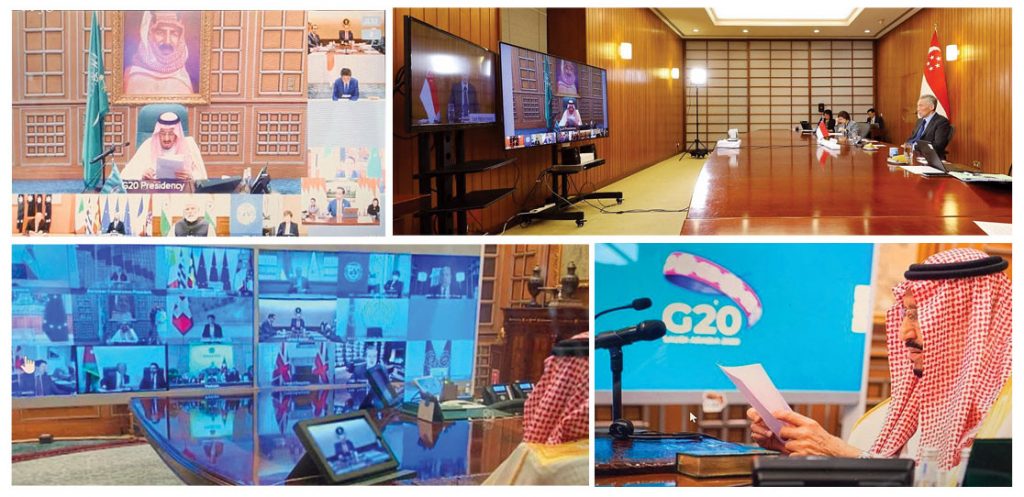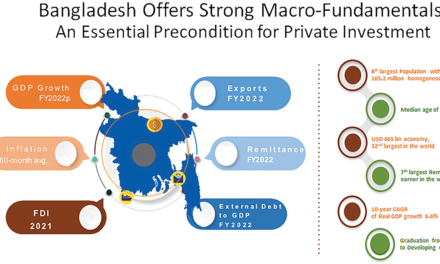
The Shape of Things to Come: G20 Summit in Riyadh – under the Presidency of the Kingdom of Saudia Arabia goes online
What does COVID-19 mean for diplomacy around the world?
As countries take stricter actions to deal with the COVID – 19 pandemic, they have turned to technology to exchange information and strengthen ties. Heads of the G20, the 20 major economies in the world, had a video summit headed by current G20 Chair Saudi Arabia on 26th March. The group has committed to spending measures totalling US$5 trillion.
On 23th March 2020, the Australia‐Singapore Virtual Annual Leaders’ Meeting was also convened via video conference between the two Prime Ministers to discuss COVID-19, digital trade and more. Even with a global health crisis, leaders are exemplifying through technology that diplomacy is more important than ever and must show no signs of slowing down.
On 13th March 2020, the ASEAN Senior Officials ‘Meeting’ for Health Development (SOMHD) saw senior health officials of the ASEAN countries collaborated on a regional response to the pandemic also through a special video conference that lasted six hours. While businesses have been using techology and apps like Zoom, Teams, Google Hangouts, Google Meet, GotoMeeting, Skype have kept the world connected.
Emerging trends
Previously airlines ferried officials to perform the vital task of linking the world’s economies. Now governments have looked for alternatives such e-conferencing, to conduct meetings. Once the pandemic looses its grip, options such as e-conferencing which can provide a similar level of connectivity will still be used as economies will need to deal with the losses. It might take a while longer for airline travel volume to rebound, which will most certainly have an impact on the hotels, MICE and hospitality industry at large.
All international travel has come to a virtual halt, the International Air Transport Association ( IATA) has said airline losses can amount up to US$113 billion.
Another question that will have to be answered will be the impact of COVID-19 on Co-Working; with countries’ borders shut and people working from home, how will it reshape work culture, the use of offices and will it mark the end of coworking boom?
















